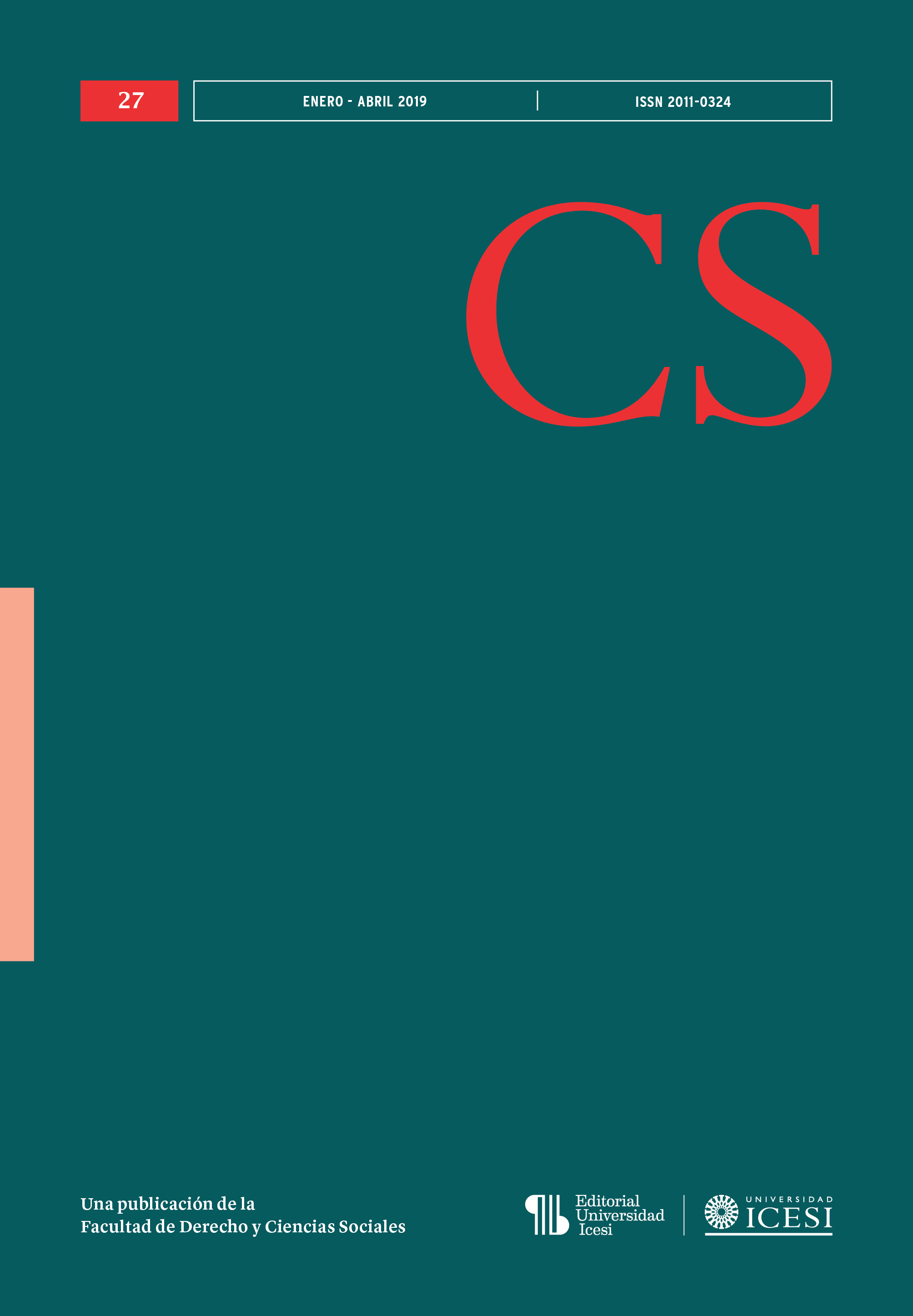Confession and Authenticity in the Current Populist Discourse
DOI:
https://doi.org/10.18046/recs.i27.3435Keywords:
Populism, Authenticity, Veridiction, Foucault, AdornoAbstract
The forms of political populism that are flourishing around the world, in extreme rightwing versions, but also in left-wing versions, are often dismissed as ignorance, fake news, and demagoguery. However, those analyses often focus only on the content of the claims made by populist leaders rather than on the forms of «veridiction» and the ethical practices and forms that constitute «populism». In this article some theoretical tools borrowed from Foucault’s diverse work on «veridiction» and truth-telling, and also from Adorno’s 1960s critique of existentialism, are deployed to try to understand the forms and techniques that constitute populist leaders as «authentic» and thus as close to the people and as not contaminated by discredited institutions. Authenticity is created through very specific forms of truth-telling, as is shown with the example of the late mayor of Toronto, Rob Ford.
Downloads
References
Adorno, T. (1973). The Jargon of Authenticity. Evanston: Northwestern University Press.
Comaroff, J. L. y Comaroff, J. (2009). Ethnicity, Inc. Chicago: The University of Chicago Press.
Doolittle, R. (2014). Crazy Town: the Rob Ford Story. Toronto: Penguin.
Foucault, M. (1986). La verdad y las formas jurídicas. Barcelona: Gedisa.
Foucault, M. (2000). Truth and Juridical Forms. In J. Faubion (ed.), The Essential Works of Michel Foucault. Vol. III. New York: New Press.
Foucault, M. (2001). Fearless Speech, ed. Joseph Pearson. Los Angeles: Semiotext(e).
Foucault, M. (2014). Wrong-doing, Truth-telling: the Function of Avowal in Justice, ed. Bernard Harcourt and Fabienne Brion. Chicago: The University of Chicago Press/Presses Universitaires de Louvain.
Foucault, M. (2017). Discurso y verdad. Madrid: Siglo XXI.
Latour, B. (1999). Pandora’s Hope. Essays on the Reality of Science Studies. Cambridge, MA: Harvard University Press.
Latour, B. (2004). Politics of Nature: How to Bring the Sciences into Democracy. Cambridge, MA: Harvard University Press.
Rose, N. (1989). Governing the Soul: the Shaping of the Private Self. London: Routledge and Kegan Paul.
Rose, N. (1999). Powers of Freedom: Reframing Political Thought. Cambridge: Cambridge University Press.
Valverde, M. (1998). Diseases of the Will: Alcohol and the Dilemmas of Freedom. Cambridge: Cambridge University Press.
Valverde, M. (2003). Law’s Dream of a Common Knowledge. Princeton: Princeton University Press.
Valverde, M. (2008). The Ethic of Diversity: Local Law and the Negotiation of Urban Norms. Law and Social Inquiry, 33(4), 895-924.
Valverde, M. (2012). Everyday Law on the Street: City Governance in an Age of Diversity. Chicago: University of Chicago Press.
Zizek, S. (1991). For They Know Not What They Do: Enjoyment as a Political Factor. London: Verso.
Downloads
Published
Issue
Section
License
Copyright (c) 2019 Mariana Valverde

This work is licensed under a Creative Commons Attribution-NonCommercial 4.0 International License.
© Reserved Copyright
Material in this publication may be reproduced without authorization, provided the title, author and institutional source is acknowledged.
The content published in Revista CS is distributed under the Creative Commons BY-NC 4.0 Attribution/Recognition-NonCommercial 4.0 International license.
You are free to:
Share — copy and redistribute the material in any medium or format.
Adapt — remix, transform, and build upon the material.
Under the following terms:
Attribution — You must give appropriate credit , provide a link to the license, and indicate if changes were made . You may do so in any reasonable manner, but not in any way that suggests the licensor endorses you or your use.
NonCommercial — You may not use the material for commercial purposes.












